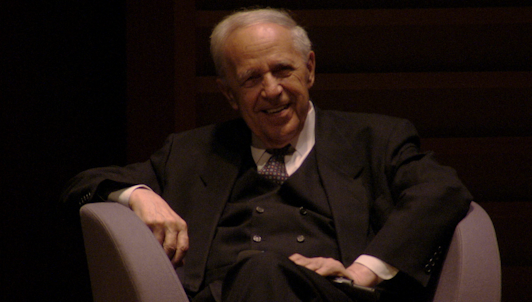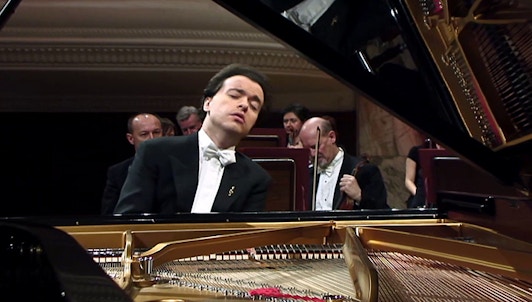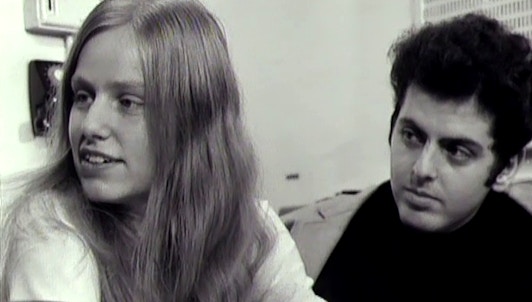At the Essen Philharmonie, the appointed conductor of the Staatskapelle Berlin Daniel Barenboim, piano soloist for this concert, leaves his baton to Pierre Boulez for a program of works by Wagner and Liszt, as a climax of the Ruhr Piano Festival.
The two uncontested conductors celebrate during this concert a longstanding friendship and a great artistic collaboration. Because for the first time in 1964, Pierre Boulez also premiered one of his compositions, conducting the Berliner Philharmoniker where played the young Daniel Barenboim aged-21.
Mostly known for his compositions and performances of works of the modern and contemporary repertoires, and having made his first works a kind of laboratory for a new musical language, Pierre Boulez here unveils a new part of his work, performing the Romantic repertoire he rarely conducts. For that matter, he seems to perfectly understand Wagner and breathes a new life into Liszt works. As for the Israeli conductor Daniel Barenboim, he is familiar with this repertoire: he has in particular conducted several Wagner's operas in Bayreuth.
For this concert that also celebrates Franz Liszt's 200th birthday, Daniel Barenboim performs on the piano two concertos of this "Paganini of the piano". The young Liszt indeed had been dazzled by the incredible technical mastery of Paganini playing the "king instrument" of the Romantic period. He tried to find again in his compositions the same virtuosity of the piano. His work will afterwards influence some movements of modern music.
Two major works by Wagner are also performed, the overture of his Faust – a theme that will be chosen afterwards by Liszt in his Faust Symphony – and the Siegfried-Idyll, a work deeply marked by the composer's life. Indeed Wagner composed it after the birth of his child Siegfried in 1869 and dedicated it to his second wife, Cosima, that also was Liszt's youngest daughter. Wagner, who had a great admiration for Liszt, said to him when he received the score of The Valkyrie: "My dear Richard, you really are a divine man! And I find happiness in feeling what you have felt in composing and follow your example."
From the admiration Wagner had to Liszt to the long epistolary correspondence they had, another friendship set in the History of music is highlighted during this concert.



